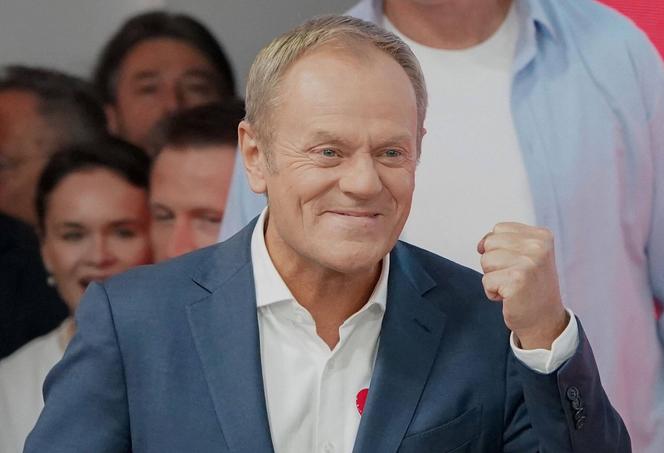


Along with Brussels, Berlin was the European capital that welcomed the results of the Polish parliamentary elections on October 15 with the greatest satisfaction. In Germany, the victory of Donald Tusk's pro-European coalition over the ultraconservative Law and Justice party (PiS), which has been in power since 2015, has fostered hope for a calmer relationship following years of strained relations linked to unresolved historical disputes, assumed political disagreements and heightened geostrategic differences.
"Relations [between the two countries] are going through their most serious crisis since the end of the Cold War," said former German ambassador to Warsaw (2014-2020) Rolf Nikel, in January, at a presentation in Berlin of his book Feinde, Fremde, Freunde. Polen und die Deutschen ("Enemies, strangers, friends. Poland and the Germans").
The election campaign didn't help matters, with the PiS presenting itself as the defender of a Poland threatened by a Germany seeking to dominate the European Union (EU) with Tusk as its puppet. This argument was summed up in a video clip sent to voters before the election: "Poland or Germany, the choice is yours." Back in 2021, PiS president Jaroslaw Kaczynski accused Berlin of wanting to turn the EU into a "Fourth Reich."
If Tusk is appointed prime minister, which seems likely, Germany should cease to be the target of the Germanophobic rhetoric to which Warsaw has become accustomed in recent years. It can also hope to put to rest a dispute that has poisoned bilateral relations for six years: The reparations it should pay for the horrors committed in Poland during the Second World War.
Put on the agenda by the PiS in 2017, this matter prompted the Polish government to ask Berlin for an enormous sum of 1.3 trillion euros in 2022. At the time, Tusk denounced an "anti-German campaign" led by the PiS for electoral purposes: "Kaczynski himself said it would take generations, so it's not a question of money for the Poles."
Will the leader of the centrist Civic Platform (PO) party go so far as to withdraw the request made by his predecessor Mateusz Morawiecki? In any case, he won't make it his hobby horse. For Berlin, the question of reparations was definitively settled in 1990 by the Two Plus Four Agreement signed on the eve of reunification by the two German states and the four victors of the war (US, Great Britain, France, USSR).
Although the October 15 elections may have raised hopes of a more cordial understanding between two neighbors whose economic exchanges have continued to grow despite diplomatic upheavals, it would be illusory to believe that the return of the PiS to the opposition will be enough on its own to settle all disputes. The main question is the one that has always weighed heavily on German-Polish relations: the relationship with Russia.
You have 46.45% of this article left to read. The rest is for subscribers only.
